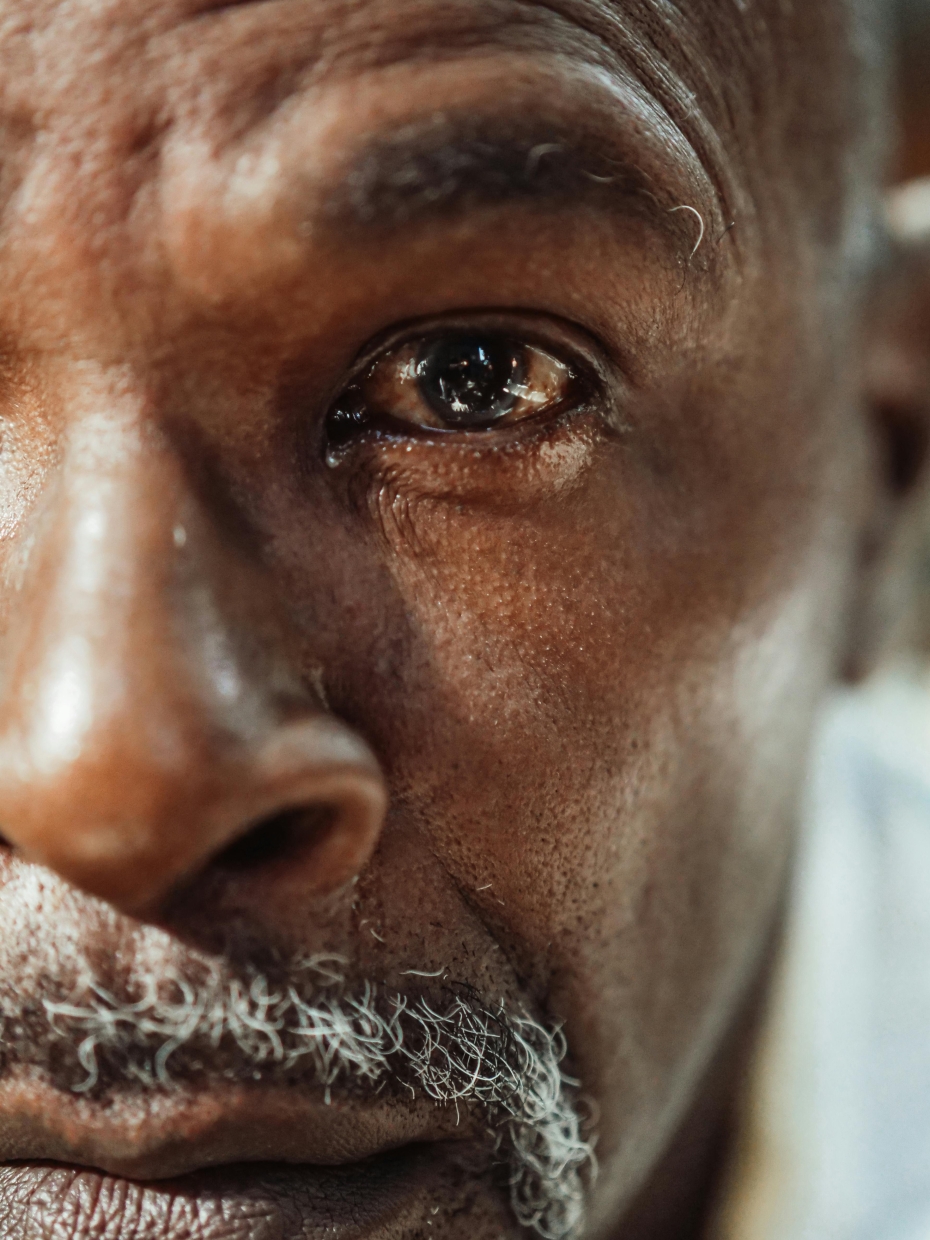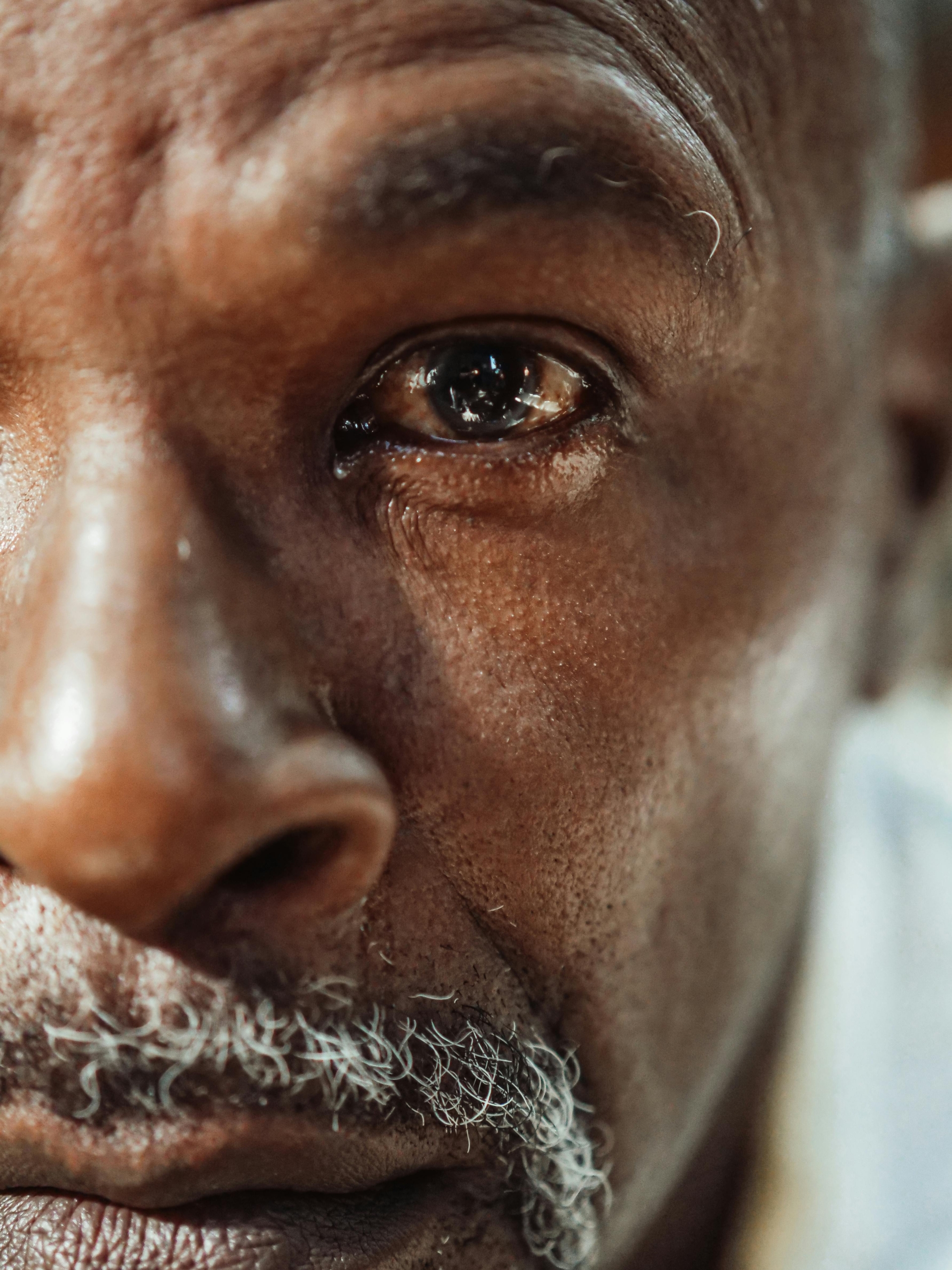Author: Sydney White
The Growing Mental Health Crisis in the Caribbean
Between September and October 2025, five people—three adults and two students—committed suicide in Jamaica. Suicide, once rare in Caribbean life, has become a troubling new reality, alongside the growing issue of homelessness. It is now common to see unhoused individuals on the streets of major cities such as Kingston, Montego Bay, and Port of Spain. These trends point to rising mental health challenges across the region and highlight the urgent need for intervention and support.
Recent studies show that 20–30% of adolescents in the English-speaking Caribbean have experienced symptoms of mental health issues in the past two years, with depression and anxiety accounting for about half of all diagnoses. As economic pressures intensify, cases among young adults and teenagers continue to rise.

Governments face challenges in providing care to those in need, often due to resource constraints, mental health stigma, and undiagnosed illnesses. A report found that over 60% of individuals with mental health issues in the region do not receive treatment, partly because mental health budgets are typically around 1.5% of the total Health Department budget. The shortage of trained professionals, such as Psychiatrists, Psychologists, and social workers, further complicates the situation, with some areas lacking adequate services.
Root Causes and Compounding Factors
Frequent natural disasters—including hurricanes, floods, and earthquakes—create ongoing trauma, displacement, and economic loss. Climate change has magnified these effects, leaving many residents to repeatedly rebuild their lives with minimal support. Widespread economic instability, unemployment, and rising costs of living have deepened feelings of hopelessness, especially among youth who feel neglected by political leaders. The stigma surrounding mental health in the region further compounds the challenge and leads many to suffer in silence, viewing it as a sign of weakness or spiritual failure
Social media and international advertising also contribute to psychological distress, exposing Caribbean audiences to unattainable lifestyles and foreign values that conflict with local culture. This influence remains largely unstudied but deserves serious attention from regional researchers.
The COVID-19 pandemic further exposed gaps in the Caribbean’s public health infrastructure. Four years later, its emotional and economic impact continues to strain communities across the islands.
The Way Forward
Addressing the mental health crisis requires stronger national policies, increased funding, and coordination across health, education, and social service agencies. Governments can adapt proven community-based programs and form partnerships with nations like Cuba, which has a strong record in mental health training. Without swift and coordinated action, the region risks deepening an already critical mental health emergency.


